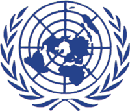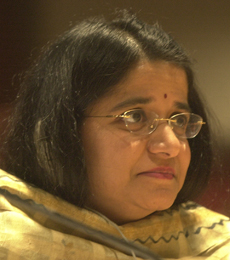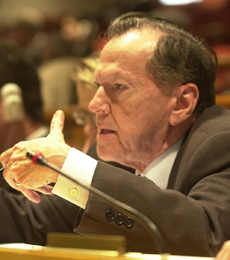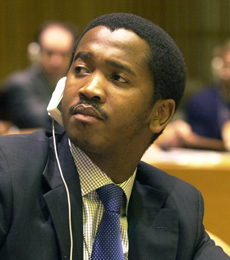 |
||||||
|
Development Forum on
“Integrating economic and social policies to achieve the United Nations development agenda” |
||||||
| 14–15 March 2005 | United Nations headquarters, New York | ||||||
|
|||||||||||||||||||||||||||||||||||||||||||||||||||||||||||||||||||||||||||||||||||||||||||||||||||||||||
 |
|||
|
Opening session of the UNDESA Development Forum
|
|||
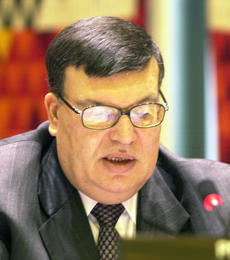 |
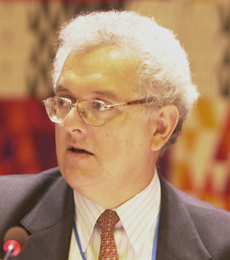 |
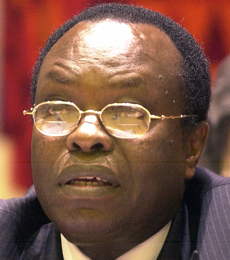 |
|||||
| Ali Hachani, ECOSOC Vice-President and
|
José Antonio Ocampo, UN Under-Secretary-General for Economic and Social Affairs, underscored the central role of social, gender and environmental dimensions in the UN Development Agenda. |
Francis Butagira,
|
|||||
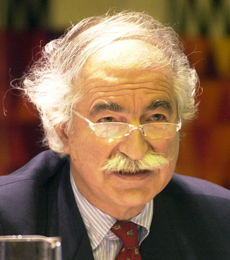 |
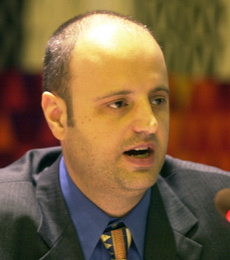 |
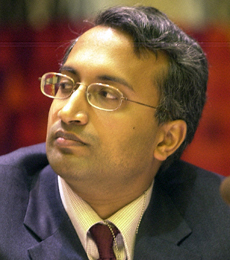 |
|||||
| Giovanni Andrea Cornia,
|
Francisco Ferreira, World Bank Development Research Group, presented the preliminary findings of a World Bank study on the relationship between equity and development, focusing on equal opportunities and prevention of extreme deprivation as pillars for long-term prosperity. | Sanjay Reddy,
|
|||||
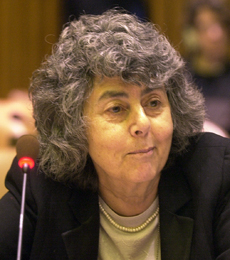 |
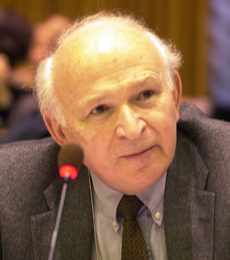 |
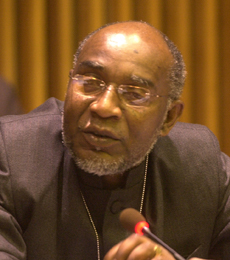 |
|||||
| Professor Frances Stewart, Director, CRISE (Centre for Rsearch on Inequality, Human Security and Ethnicity). | Gustav Ranis, Professor - Economics Yale University. | Byron Blake, Jamaica. | |||||
 |
|||
|
Panel on Economic and Social Effects of Financial Liberalization
|
|||
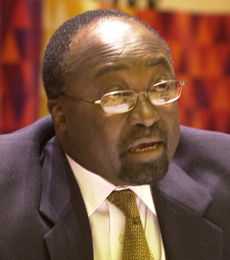 |
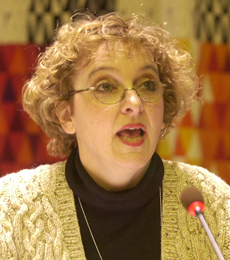 |
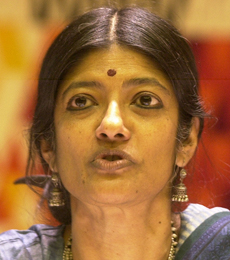 |
|||||
| Crispin Grey-Johnson,
|
Graciela Kaminsky,
|
Jayati Ghosh, Jawaharlal Nehru University, highlighted the impacts of internal and external liberalization. | |||||
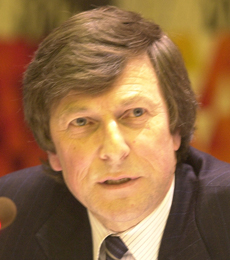 |
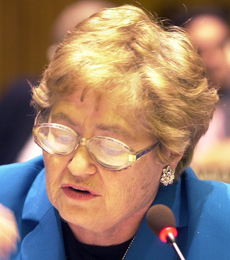 |
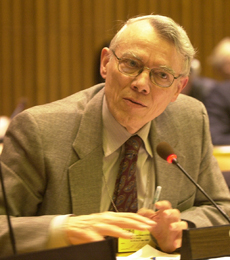 |
|||||
| Ian Kinniburgh, urged the Forum to address not only the economic, but also the social consequences of financial liberalization, particularly on employment, poverty, wages, women, and vulnerable social groups. | Stephanie Griffith-Jones, UNDESA. | Albert Berry, Department of Economics, University of Toronto. | |||||
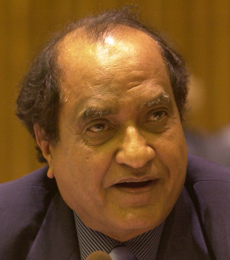 |
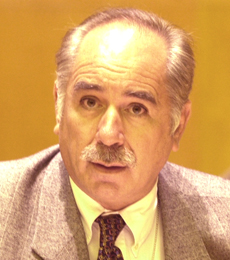 |
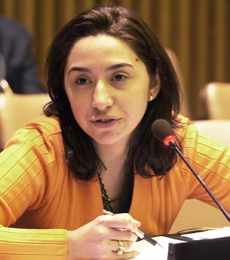 |
|||||
| Nanak Kakwani, Director/Chief Economist, UNDP International Poverty Centre. | Óscar Ugarteche, Peru. | Husniyya Mammadova, Azerbaijan. | |||||
 |
||||
|
Panel on Trade Liberalization and Employment.
|
||||
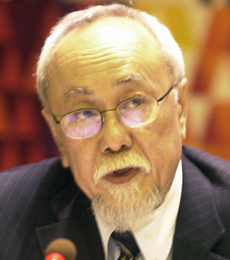 |
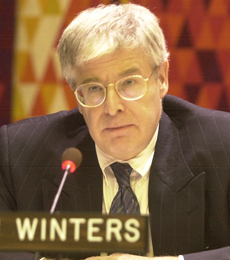 |
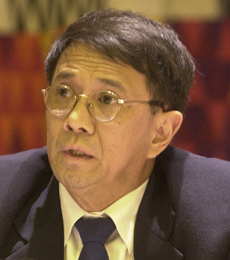 |
|||||
| Eddy Lee, International Labor Organization, contested the standard proposition that trade liberalization is always a good policy option, noting that in some cases it results in a contraction in output and rising unemployment. | Alan Winters, World Bank, highlighted the difficulty in differentiating trade reform effects from technological improvement effects. | Manuel Montes, UNDP, underscored the labor and employment implications of trade liberalization and questioned liberalization models that take employment increases as a given benefit. | |||||
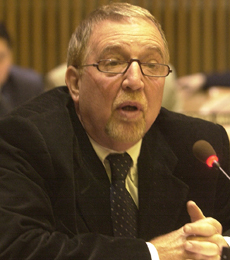 |
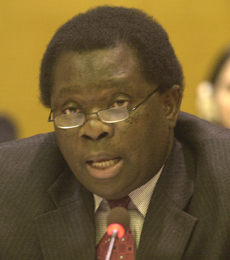 |
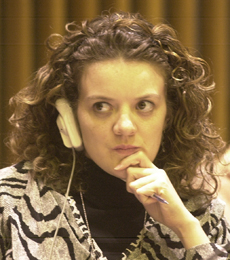 |
|||||
| Roberto Frenkel, Principal Researcher Associate, Center for the Study of State and Society (CEDES). | Amb. Ali Mchumo, Common Fund for Commodities (CFC). | Cinthia Soto, Costa Rica. | |||||
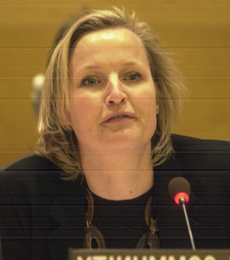 |
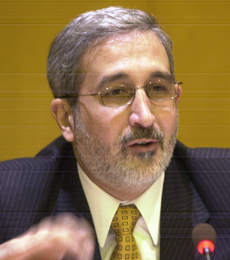 |
||||
| Delegate from the European Community. | Roberto Guimarães, UN Department of Economic and Social Affairs. | ||||
 |
|||
|
Panel on Monetary and Exchange Rate Policies and Employment
|
|||
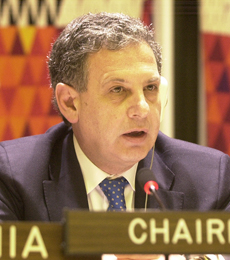 |
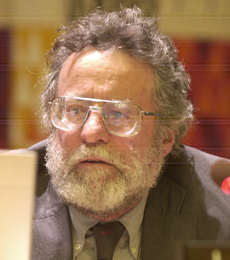 |
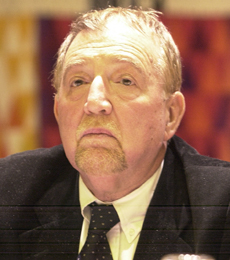 |
||||
|
|
Lance Taylor,
|
|||||
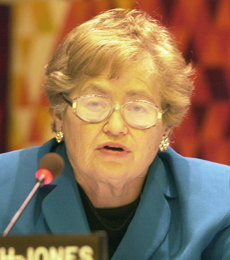 |
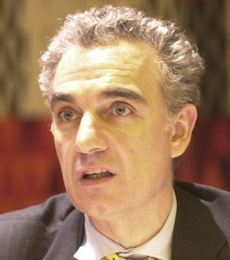 |
||||
| Stephanie Griffith-Jones, UNDESA, commented on the presentations comparing the approaches of Asia and
|
Alessandro Prati, International Monetary Fund, explained that aid influences exchange rates and that monetary and exchange rate policies may be used to respond to foreign aid inflows and its negative effects on the exchange rate. | ||||
| Miscellaneous photos | ||
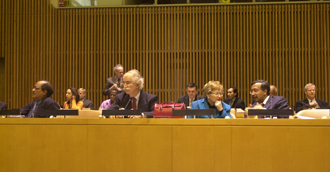 |
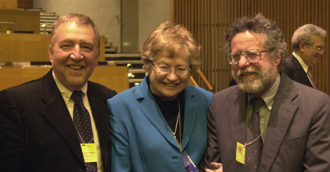 |
||
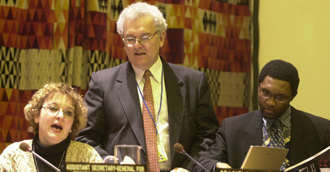 |
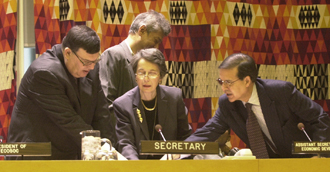 |
||
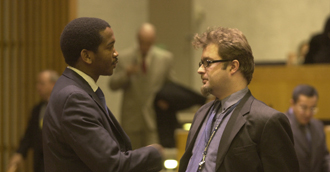 |
|||
| South Africans in the ECOSOC Chamber: Xolisa Mahbango, South Africa's Acting Deputy Permanent Representative talks to IISD's Richard Sherman (South Africa). | |||
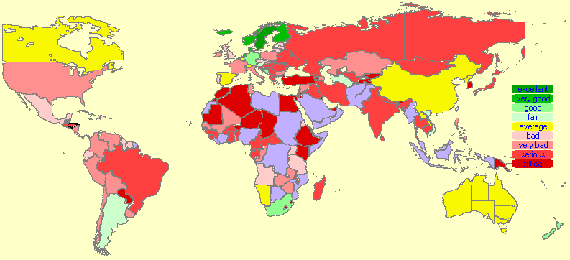 |
||||
|
Related links
|
||||
|
|
|
|
|
|
Digimarc and the Digimarc logo are registered trademarks of Digimarc Corporation. The "Digimarc Digital Watermarking" Web Button is a trademark of Digimarc Corporation, used with permission. |
||
|
|
|
|
